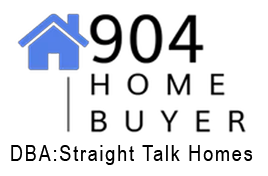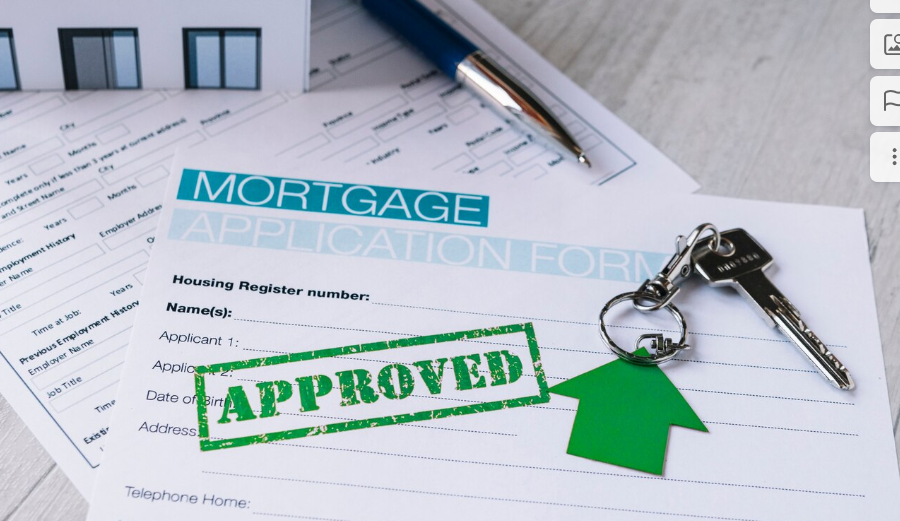Avoiding Foreclosure in Florida: Your Comprehensive Guide
In Florida, where the allure of sun and sea meets the reality of financial burdens, facing foreclosure is a daunting experience for any homeowner. This guide aims to offer a beacon of hope, illuminating the path through the complex foreclosure process and empowering homeowners with knowledge and practical solutions.
Understanding Foreclosure in Florida
The judicial nature of Florida's foreclosure process means that it unfolds in the courtroom. It begins when a homeowner defaults on their mortgage, prompting the lender to file a lawsuit. This legal action starts with a 'lis pendens', a formal notice of pending litigation against the property. Typically, homeowners have a period to respond once served with this notice. The process can take anywhere from a few months to over a year, depending on the case's complexity and court schedules.
Common Reasons for Foreclosure
Foreclosure doesn't discriminate; it can affect anyone, from the financially savvy to first-time homeowners. Beyond job loss and adjustable-rate mortgages, other reasons include:
- Medical Emergencies: Unexpected healthcare expenses can quickly deplete savings and income, making mortgage payments unmanageable.
- Property Depreciation: In a declining market, homeowners may find their property's value significantly reduced, impacting refinancing options and leading to financial strain.
- Divorce: The financial upheaval from a divorce can lead to difficulties in maintaining mortgage payments, especially if one party depended on the other's income.
Alternatives to Foreclosure
Expanding on the alternatives:
- Loan Modification: This could also involve converting an adjustable-rate mortgage to a fixed-rate mortgage, thus stabilizing monthly payments.
- Refinancing: For those with sufficient equity and good credit, refinancing can offer more favorable loan terms.
- Deed in Lieu of Foreclosure: This less common option involves transferring the title of your property back to the lender to avoid foreclosure.
- Government Programs: Programs like HARP (Home Affordable Refinance Program) can provide relief to struggling homeowners.
Working with a Foreclosure Attorney
A skilled attorney can sometimes find errors in the lender's paperwork or process, which could provide leverage in negotiations or even result in dismissal of the case. They can also assist in drafting a hardship letter, a crucial component of loan modification and short sale applications.
The Impact of Foreclosure on Credit
The consequences of foreclosure on credit scores vary. A typical drop could be anywhere from 85 to 160 points, according to FICO. The road to recovery involves consistently paying bills on time, reducing overall debt, and cautiously re-entering the credit market.
Preventing Foreclosure
Beyond the earlier tips, homeowners should also:
- Regularly review their financial health and adjust budgets as needed.
- Stay informed about mortgage terms and recognize warning signs of financial trouble.
- Explore options like home equity loans or lines of credit before facing a cash crunch.
Selling Your Home for Cash to Avoid Foreclosure
Consider real-life examples where homeowners successfully used cash sales to prevent foreclosure. Such sales can be completed in as little as a week, providing immediate financial relief. However, it's important to work with reputable companies to avoid scams.
Conclusion
Foreclosure can feel like a storm cloud over the sunny skies of Florida living. Yet, with the right approach and guidance, homeowners can find a silver lining. This guide not only sheds light on the foreclosure process but also offers a compass to navigate these troubled waters. Remember, in the journey to protect your home and financial future, knowledge, preparedness, and timely action are your best allies.









